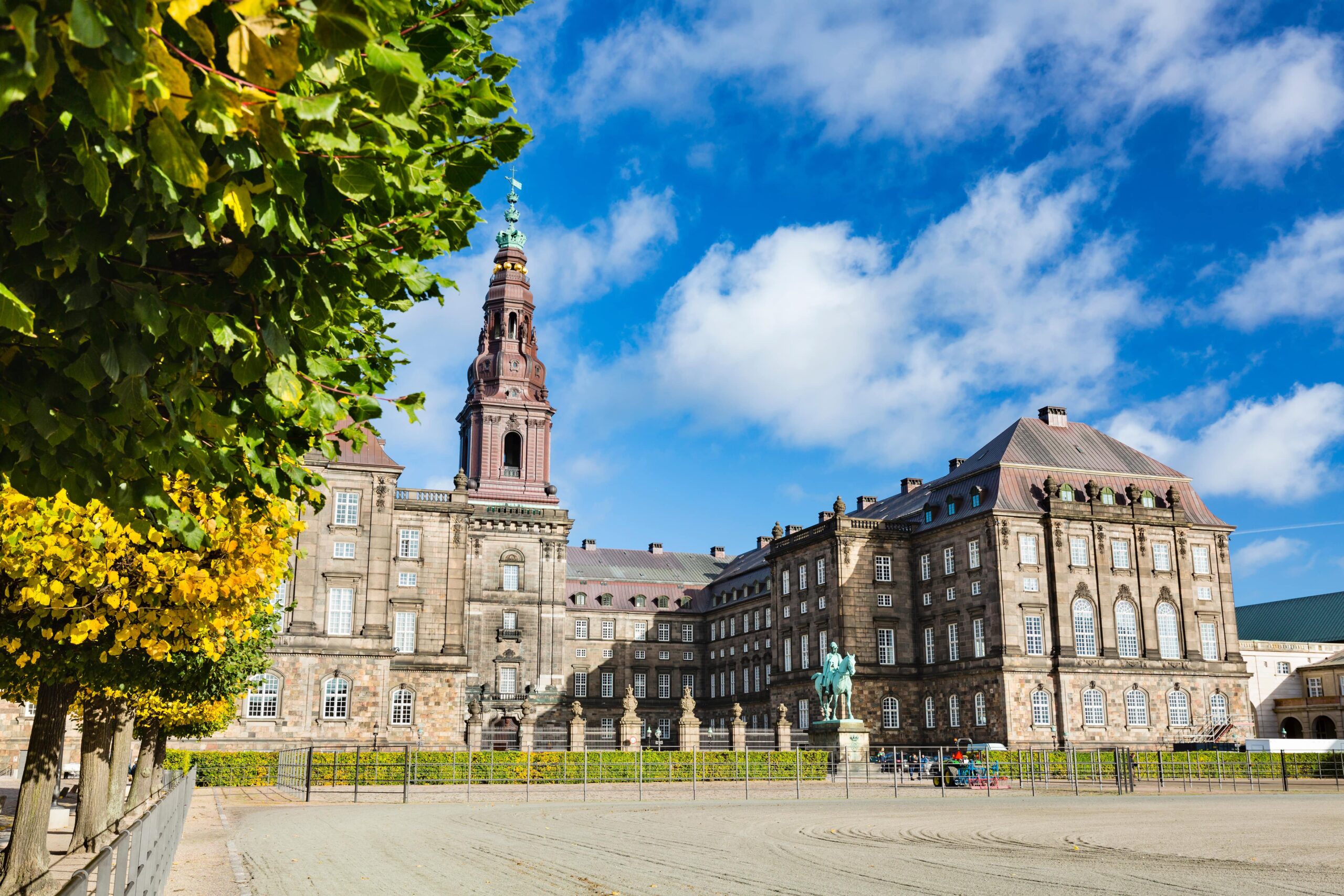Financing the green transition
Read more about mobilising investments to accelerate the transition to a carbon-neutral and climate-resilient economy in this white paper.
Download nowNews
Green financing
Air pollution
Biodiversity
+6



Read more about mobilising investments to accelerate the transition to a carbon-neutral and climate-resilient economy in this white paper.
Download nowThe Danish government has unveiled a new important step towards funding the country’s green transition.
On 15 April, a deal with agreement parties from the Danish parliament was made to channel EUR 670m into advancing green initiatives by 2030. The money comes from the so-called “Grøn Fond” (Green Fund) and will go to green projects and efforts to enhance water quality, expand forests, enact a national climate adaption plan, and ensure Danish households’ access to district heating.
The creation of the Green Fund emerged from a collaborative effort by a wide majority in the Danish Parliament in June 2022. The fund, totalling EUR 71.7m, is projected to be injected into the state treasury between 2024 and 2040 through the taxation of Danish pensions.
The allocated millions will fund a variety of initiatives, with environmental initiatives among them. EUR 270m will be directed towards improving water quality, restoring life to Danish fjords, enhancing biodiversity, expanding forested areas, and cleaning up old pollution sites.
“The EUR 270m earmarked for environmental initiatives will be used for important projects that all Danes will notice. We will plant more forests to enhance and expand our natural habitats, thus bolstering biodiversity. Protecting our drinking water, which is among the world’s best and must remain so, is a priority. A marine nature fund will improve our water environment by, for example, establishing stone reefs and planting eelgrass. We have also allocated funds to clean up after major historical pollutions and to contain, remediate, and prevent PFAS contamination,” Magnus Heunicke, Danish Minister of Environment.
In October 2023, the government presented Denmark’s first climate adaptation plan, which aims to better protect coasts, cities, homes, and infrastructure from the impacts of climate change. The Green Fund will allocate approximately EUR 161 million towards implementing the first phase of the Climate Adaptation Plan.
Of the EUR 270m, the following allocations have been made:
Also read: The Danish Government presents plan to ramp up climate adaption
The agreement also replenishes the funds for expanding district heating, which ensures support for Danish citizens who have applied for funds to receive green district heating to their homes.
“With the agreement, we take yet another step towards a greener Denmark with more nature, cleaner drinking water, and less climate impact. We all remember the stories of Danes who had to turn off the heat and count every penny when oil and gas prices rose the autumn before last. With green Danish district heating in the radiators, we benefit both the climate and the household budgets.” Nicolai Wammen, Danish Minister of Finance
Additionally, a diesel tax was announced as part of the agreement.
“To achieve our goals with the green transition, we must make the green choice easier. We are doing that with this agreement. We are raising the diesel tax as part of reaching our climate goals for 2025 and 2030 and are allocating more funds to the district heating pool. This is effective green action.” Lars Aagaard, Danish Minister of Climate, Energy and Utilities
solutions
Combined heat and power production
+6